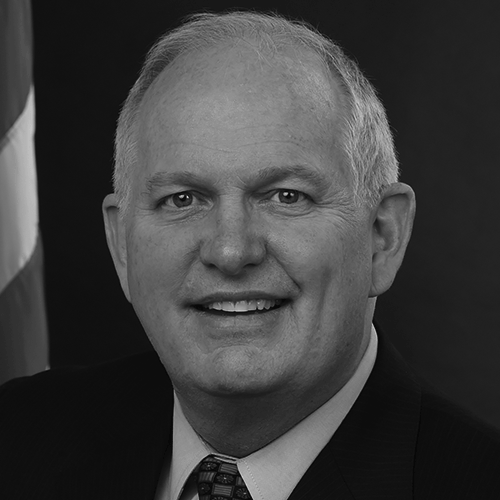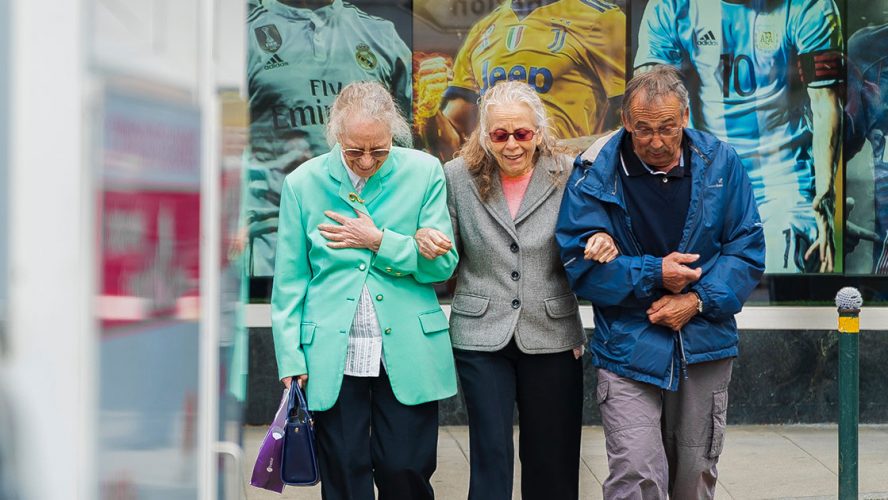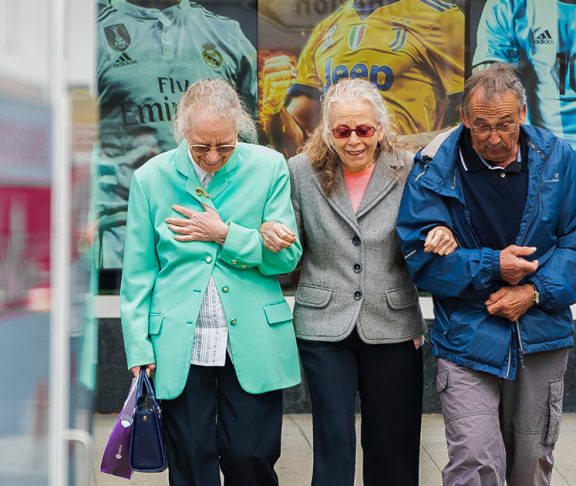
Don Wright, M.D., M.P.H.
Deputy Assistant Secretary for Health Director, Office of Disease Prevention and Health Promotion
Most of us know that adopting healthy behaviors and maintaining them throughout our lives will help safeguard our health as we age. Staying active, eating healthy foods, moderating alcohol consumption, and avoiding tobacco products and substance abuse can help prevent chronic disease and maintain our physical health as late in life as possible. What many people don’t know is that managing chronic health conditions and staying engaged to prevent social isolation also play critical roles in healthy aging.
Facing chronic conditions
One critical issue that many older adults face is managing chronic conditions. Eight in 10 older adults have at least one chronic condition and as many as 3 in 4 older Americans have multiple chronic conditions. Although adopting healthy behaviors can help prevent chronic diseases like heart disease, some cancers, and type 2 diabetes, it’s unlikely that most older adults can avoid all chronic conditions. Therefore, we need to make sure that older adults get the recommended preventive services they need to detect chronic conditions early when treatment options are more effective and less costly. For older adults who are managing chronic conditions, we need to assess their health literacy and understanding of treatment options, help connect them to resources that help them self-manage, and work with them and their caregivers to track medication adherence.
Prioritizing socialization
We also know that we need to consider the overall wellbeing of older adults to improve their health outcomes. For example, making it possible for older adults to age in place enables them to maintain independence and stay engaged within their communities, helping to prevent social isolation. The social connections of older adults are vital to maintaining a sense of wellbeing and may help maintain mental and cognitive health. Caregivers, both paid and unpaid, play a major role in making it possible for older adults to age in place.
As a nation, we need to examine how we provide long-term services and support for older adults, and how we can support those that care for older adults. We all benefit at some point in our lives from advancements in the field of healthy aging. That’s why the Office of Disease Prevention and Health Promotion and the Office on Women’s Health within HHS are partnering with the American College of Preventive Medicine to host the 2018 Healthy Aging Summit this summer on July 16 and 17. We hope you will join us as we aim to maximize the health of all older Americans.

